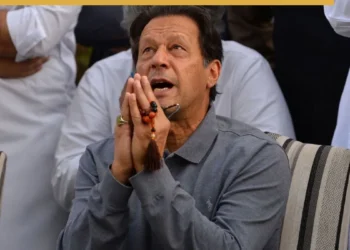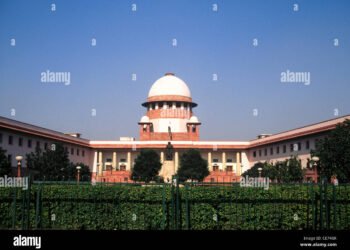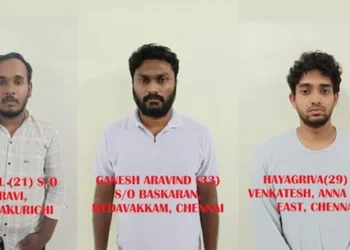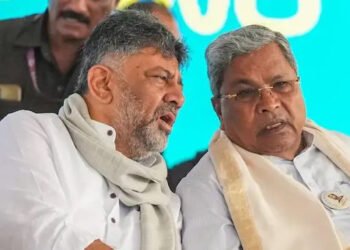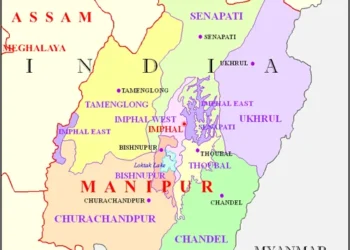By PC Bureau
From Uttar Pradesh Chief Minister Yogi Adityanath’s “batege to katege” warning to Maharashtra Congress Chief Nana Patole’s controversial comparison of the BJP to a “dog,” and from Deputy CM Devendra Fadnavis’s “land jihad” remarks to Assam Chief Minister Himanta Biswa Sarma’s “Kone mein Babar basey hai” comment—the tone of discourse has reached troubling new lows in the campaigns for the Jharkhand and Maharashtra Assembly elections.
Yet, the Election Commission of India (ECI), traditionally regarded as the venerated guardian of democratic norms, has remained conspicuously silent. This free-for-all rhetoric risks deepening societal divides that could persist long after the election results are declared.
The Model Code of Conduct (MCC), which comes into force once the ECI announces the election schedule, is intended to ensure fair and peaceful elections. It explicitly forbids divisive rhetoric, including appeals to voters based on caste, religion, or community, and calls for candidates’ restraint, urging them to avoid inciting tensions between groups.
Similarly, the Representation of the People Act, of 1951 grants the ECI authority to penalize candidates who promote enmity or hatred based on religion, caste, or language. This Act, a pillar of India’s democratic process, is meant to uphold the integrity and fairness of elections and hold candidates accountable to ethical standards. However, the ECI has often appeared hesitant to wield this power, leading many to question its impartiality in enforcing these crucial safeguards.
The ECI’s perceived inaction has attracted criticism, especially from opposition parties. The Trinamool Congress (TMC) recently condemned the ECI for allegedly ignoring hate speeches by BJP leader Suvendu Adhikari during campaign rallies in Taldangra, West Bengal. A TMC delegation met Bengal’s Chief Electoral Officer, Aariz Aftab, while Rajya Sabha MP Derek O’Brien sent a letter to Chief Election Commissioner Rajiv Kumar. “The Commission’s inaction and delayed response raise serious questions about its role as a neutral arbiter. It appears these delays benefit the BJP, thereby compromising election fairness and eroding public confidence in democratic institutions,” the letter stated.
Also Read: Manipur: Security forces intensify operations against militants
The TMC’s complaint included Adhikari’s comments on supposed temple destruction in Bangladesh, accusing the TMC of trying to “turn West Bengal into a second Bangladesh.” The letter argued that these remarks, which exploit religious tensions, not only contravene India’s democratic values but are also highly divisive.
Similarly, at a rally in Akola, Patole condemned the BJP for its role in the fall of the Maha Vikas Aghadi government, accusing Fadnavis of viewing himself as “God” and asking the OBC community if they would back a BJP that “calls you dogs.”
In Jamshedpur, Assam Chief Minister Himanta Biswa Sarma stoked tensions, saying, “Koone Kone mein Babar basey hai, ye logon ko laat maar kar nikaalne ka samay aa chuka hai.”
On November 5 in Jharkhand, Adityanath employed the “ketenege to batenge” slogan, claiming that the JMM-led coalition allowed Bangladeshi Rohingya infiltrators involved in “love jihad” and “land jihad” into the state.
Even Prime Minister Modi recently contributed to the inflammatory rhetoric. At a rally in Garhwa, Jharkhand, he warned that Muslim infiltrators could “take away the daughters of Hindus.” He added, “When schools disallow Saraswati Vandana, and stone-pelting occurs during festivals, it’s clear how big the danger is. They are taking your roti, beti, and maati.”
Through all this, the ECI remains a silent observer, like Gandhi’s three wise monkeys, ignoring these divisive and communal statements that threaten the very fabric of India’s democratic principles.



